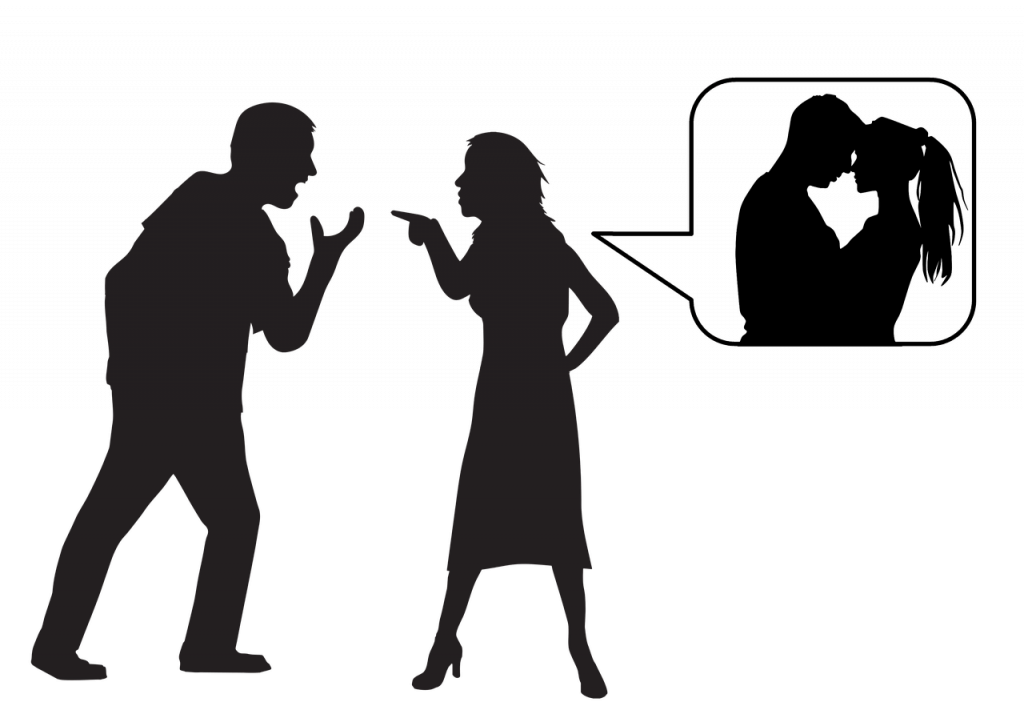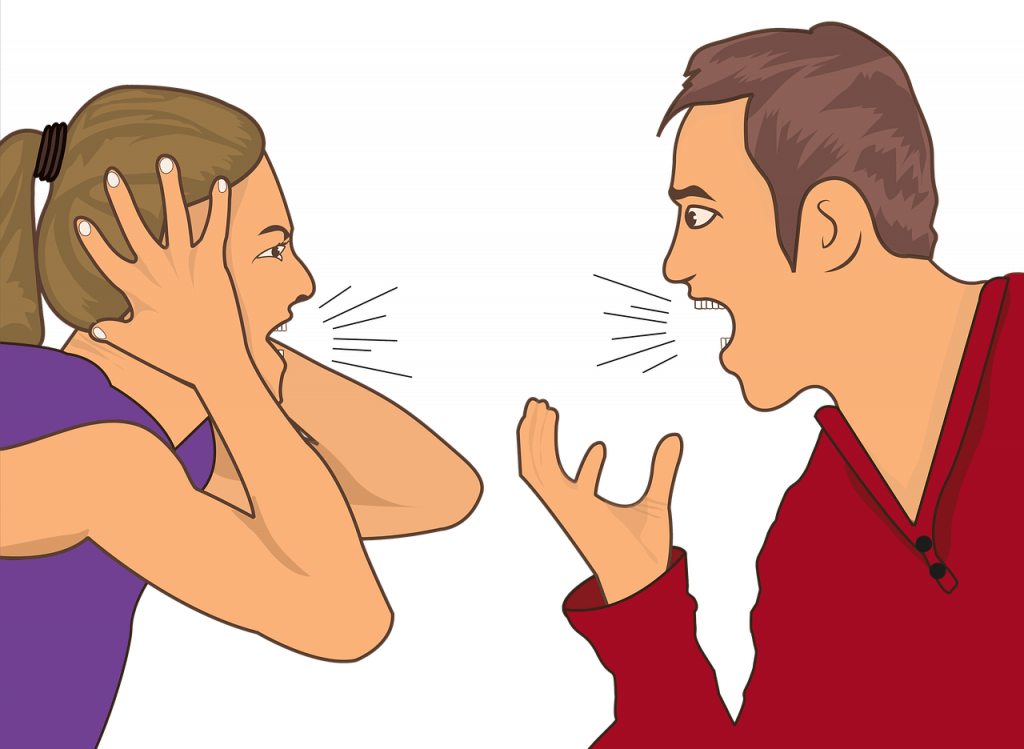
Effects Of A Breakup
Breaking up with someone you love can be very challenging to go through in life. It could turn your world upside down while you feel unfortunate, helpless, and hopeless. People deal with breakups differently, according to psychologists. Some would just accept the fact and move on, but others develop depression.
It may seem like your world is falling apart and that you might not be able to move past this hurt. Your emotions are heightened, and you will not be able to feel okay for a while. These are typical symptoms of a breakup, but you have to recognize some signs that might tell you that you have depression.
When someone is depressed, they often struggle to communicate with those closest to them. — Jenise Harmon, LISW-S
Healthy Versus Unhealthy Responses After A Breakup
Often, a person’s response after a breakup can range from mild to severe. You might not be sure that sadness and grief are symptoms of a recent breakup or if those feelings are symptoms of depression.
There’s nothing wrong with grieving after a breakup. But there are healthy and unhealthy ways of dealing with the grief associated with a breakup and knowing what symptoms are healthy and not can help you determine if you have an underlying mental illness.
Healthy symptoms of breakups include:
- Anger and frustration
- Crying and sadness
- Fear
- Insomnia
- Losing interest in your regular activities
These symptoms are severe, but this is what you would usually feel after a breakup. As you adjust to life without your partner, these symptoms will fade and eventually be gone. The healing process of a breakup differs from person to person. It takes time to heal. Even though it is reasonable to feel sadness and pain after a breakup, consult a doctor if your symptoms do not fade in a week or two and if they are only getting worse. This can be a sign that you might be suffering from depression. You have to experience five out of nine of these symptoms in two weeks:
- Feeling sad, empty, and hopeless throughout the day and almost every day
- Loss of interest in activities you were once enjoying
- Weight loss or weight gain, and loss of appetite or increase in appetite
- Sleeping too much or having trouble falling asleep
- Feeling worthless
- Difficulty making decisions or concentrating
This can happen to anyone, but other people are at higher risk. Depression has different causes, and it could be a cause of another mood disorder that you may have. A significant life change or hormonal change can trigger depression.

To begin this process, it is helpful to think of these destructive thoughts as being like the parasites that keep you in bed when you’re sick with the flu. Don’t listen to these attacks when they tell you not to pursue your goals, to isolate yourself, or to forego an activity you enjoy. — Lisa Firestone, Ph.D.
What Happens If Depression Goes Untreated?
If you think you have symptoms of depression after a breakup, you should go to a doctor and ask for help. If untreated, depression can have a negative on your mind and body. You may rely on alcohol and drugs so you would be numb and even experience physical pain like headaches, joint pain, and stomach aches. Chronic stress can take a toll on your immune system and weaken it. Emotional eating can lead to heart diseases and diabetes.
Other complications tied with depression are:
- Panic attacks
- Problems in school, work or home
- Suicidal thoughts
Treatments For Depression
Seeking a medical professional for help to treat depression is your best option. They will conduct treatments, therapies, and prescribe medication.
There are other ways to cope with depression without taking medication:
Exercise. Exercise increases endorphins in your body that helps improve your mood. Exercising for 30 minutes a day can also help you focus on something else.
Keep busy. Try and look for something you are interested in doing. Find another hobby or play sports. This will keep you from thinking about your depression and will help you lighten your mood.
Get plenty of sleep. Let your body rest and restart, so you wake up feeling good. This can even help with your mental state after a breakup.
Herbal and natural remedies. There are a lot of options in the market for herbal and natural remedies. Essential oils can be an option that is affordable and helps with your focus and well – being.

It’s essential to be able to tell someone the whole truth about how much you’re suffering, without concern that the person will discount you, disbelieve, judge, get distracted by fear about what you are saying, or respond with boredom, irritation, or impatience. — Cynthia W. Lubow, MS, MFT
Getting Support After A Breakup
It is hard going through a breakup alone. It’s good to talk to somebody who understands your pain so you wouldn’t have to feel alone. Asking for support is not shameful, and there are a lot of people surrounding you, willing to be there for you.
You might think that you will never get through this, but you are wrong. Eventually, you will heal, and with proper treatment, your depression will subside. But do not neglect your feelings. Let your feelings out and not bottled up so you could recover faster.
Suicide Prevention
If you think someone is at risk of having suicidal thoughts and can harm him or herself, or another person, here is what you can do:
- Call 911 so there would be immediate action and you could prevent something terrible from happening to the person or somebody else
- Stay with the person until help arrives. Help the person stay calm.
- Remove anything that can be used as a weapon or may cause harm
- Listen and never judge, yell, threaten, or hurt the person because it can make things worse.
Report immediately, especially if it is a life and death matter.
